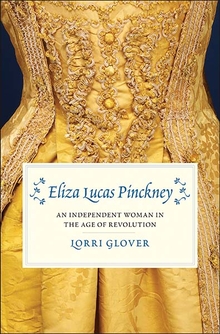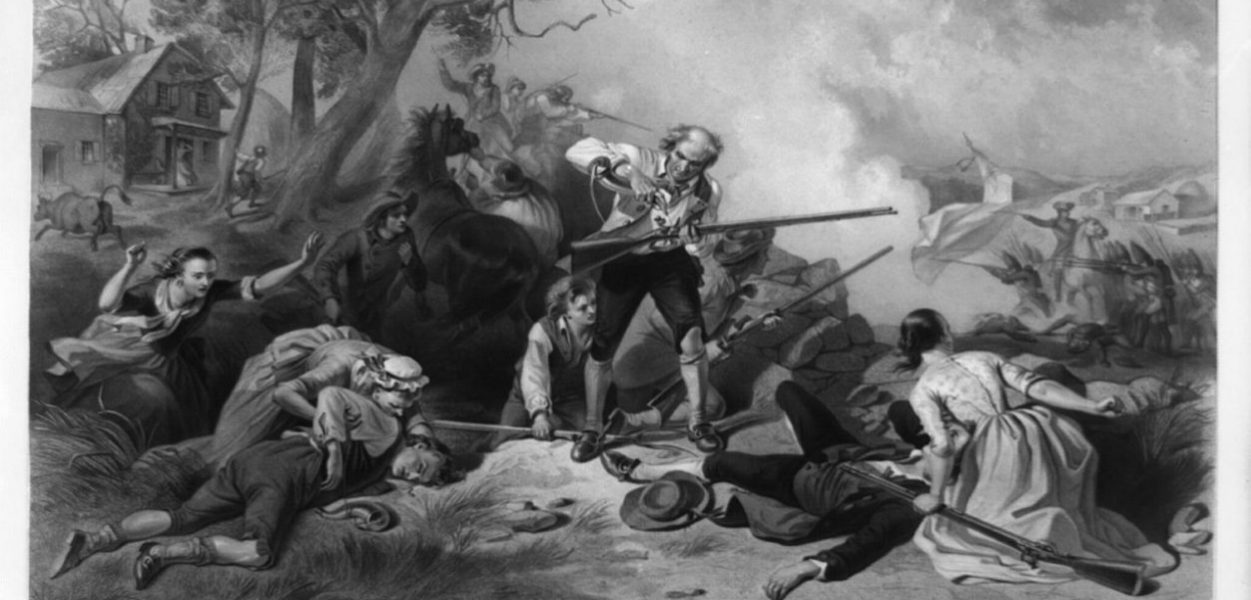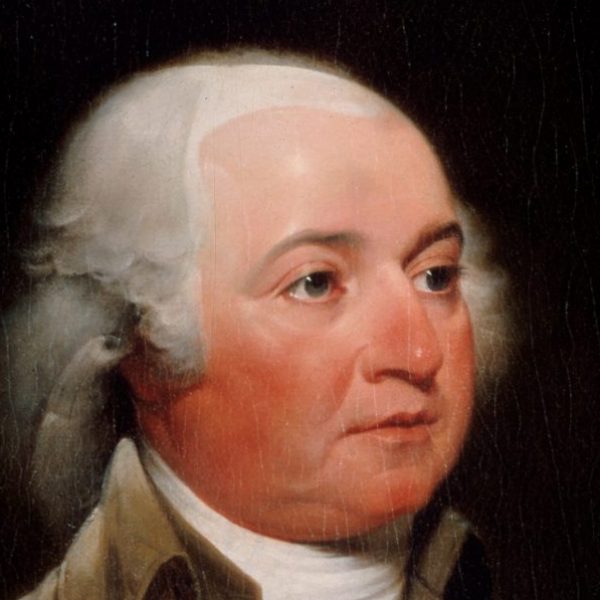Female Fortitude in the Fog of War
Lorri Glover—
During the long war—at once a civil and a guerilla conflict—armed bands ransacked homes and ravaged communities at will, with impunity. Combatants made little distinction between civilians and soldiers, so that the front lines bled into the home front. Armies and vigilant mobs burned fields and slaughtered livestock and stole the dwindling food supplies mothers tried to hide for their children. The economy collapsed. Claimants to power imposed martial law in cities. A makeshift government attempted to set up rape tribunals, as it was widely known that combatants used sexual violence as a tool of war. Refugees spilled across the country and into foreign parts. Oppressed people held captive by the powers-that-be fled into the war zone, desperate to escape to freedom. POW camps turned into charnel houses. Guards threw moldy, maggot-filled food at lice-covered detainees, whose untreated wounds festered with gangrene. Packs of feral hogs fed on the abandoned corpses of soldiers, leaving behind bones that bleached in the sun.
If you are imagining Europe during the Great War, the rise of the Khmer Rouge, or Yugoslavia in the 1990s, think again. These atrocities unfolded in the American Revolution.
There remains, both in popular imagination and in no small part of scholarly books and articles about Revolutionary America, a preoccupation with romanticized masculine tableaus. The “founding fathers,” elegantly clad in their velvet knee-britches and powdered wigs, gather in legislative halls to write the creeds of a nation, while militiamen and Continental soldiers face down British redcoats in formal battles. The creation of the American Republic seems reasoned, ordered, admirable—and a man’s world.
Watching the American Revolution unfold through women’s eyes reveals the larger truth about the nation’s origins. Thankfully, some women recorded in diaries and letters the ordeals they endured and the horrors they witnessed during the War for Independence, and somehow a few families preserved those writings across the centuries. In some instances, we know little more than their names and flashes of the dangers they endured. In South Carolina, where the brutality of the war was on full display between 1779 and 1782, Eliza Wilkinson, sleepless and terrified, listened at night praying not to hear the dreadful sounds of approaching soldiers. Dinah, thirty-six and pregnant, ran toward a British encampment with her baby in her arms, her thirteen-year-old daughter Phillis, the clothes on their backs, and the hope of escaping enslavement. Betsey Pinckney pulled bone shards out of her wounded husband’s leg as she fought to keep him alive. Rebecca Motte hid her daughters in the attic to protect them from the predations of soldiers occupying her home.
These women’s stories don’t erase George Washington’s heroism as he commanded the Continental Army, the audacious and visionary promises of Thomas Jefferson’s Declaration of Independence, or the sacrifices made by Continental soldiers and British regulars in service to their countries. But the lives of Dinah and Phillis, of Rebecca and Betsey were no less precious, and their trials in the forging of the American Republic are no less worthy of our understanding.
We can’t fully comprehend the Revolutionary War or the creation of the American Republic unless we include in our histories—and in our national memories—the experiences of women. Not as objects, but as subjects, and full participants telling their powerful stories. Few women wrote as much about the painful costs of the vicious war that secured America’s independence as South Carolinian Eliza Lucas Pinckney. In the middle of the maelstrom she urged her exhausted daughter-in-law to stay strong. “Fortitude,” Eliza reminded her, and reminds us, “is as much a female as a masculine virtue.”
Lorri Glover teaches history at Saint Louis University and is the author of Eliza Lucas Pinckney: An Independent Woman in the Age of Revolution.
Further Reading:



























